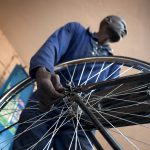Restore NYC is a non-profit organization that provides advocacy and counseling to foreign national survivors of sex trafficking with a holistic, trauma-informed, and culturally sensitive approach. We print a lot of work for them ranging from simple event postcards and outreach mailers to bigger documents such as their annual report. We spoke to Creative Director Jayme Markus about their work in the community.
For those who are unfamiliar with you, who is Restore and what does your day-to-day look like?
Restore is a NYC-based non-profit working to end sex trafficking in New York and restore the well-being and independence of foreign-national survivors. We are committed to ending this injustice—not just locally, but nationally—by training law enforcement and partners across the country to effectively identify victims and serve trafficking survivors.
Every day looks different at Restore, given the nature of working with women in crisis. For our frontline counselors, their day often includes one-on-one counseling sessions where they work to formally identify a woman as a survivor of trafficking. They are likely responding to calls from attorneys and service providers coordinating resources for their active clients, as well as emergency calls from victims of trafficking seeking help. Our Economic Empowerment team may be leading ESL classes and work-readiness trainings before connecting women to new jobs. The Client Services and Collaborative Initiatives teams may be working with law enforcement to conduct trainings and joint-operations to investigate known venues for trafficking in New York City while our clinical professionals are sharing resources with potential trafficking victims. Our Safehome staff may be moving a new woman into the home or preparing another resident for life after graduation. Each day is unpredictable, but our team is devoted to putting clients’ needs first and doing whatever it takes for the restoration of survivors.
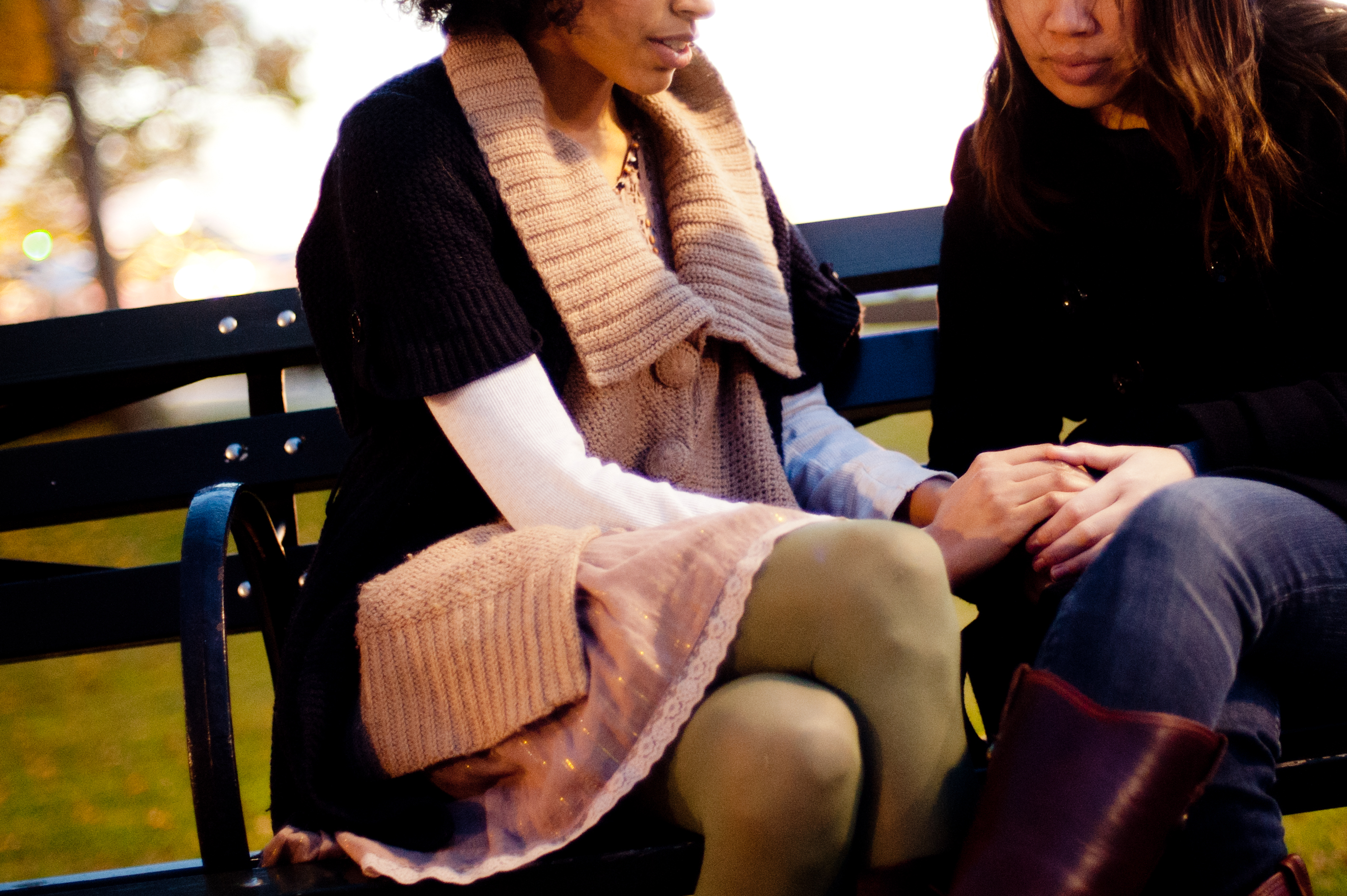
You say your work is “Holistic, trauma-informed, and culturally sensitive.” What does that mean and how does that translate into how you interact with the sort of population that makes up your client base?
These three principles are core to our work and DNA as an organization. Because we serve foreign-national survivors of sex trafficking, we have a unique opportunity and responsibility to ensure that each part of a survivor’s engagement with Restore, from intake to graduation, not only respects her culture, but integrates it. This looks like matching her with a Restore counselor that speaks her native language, or inviting Safehome residents to cook their favorite recipes at monthly Cultural Dinners in the home. Holistic and trauma-informed service is a best-practice in this field where women have experienced high trauma and are in need of comprehensive services and support. A woman often comes to Restore after fleeing her trafficking situation, where she was also in an exploitative living situation. She may be coming to Restore without a job or a place to live, with limited-to-no English language skills, and highly traumatized. Our services are designed to first help stabilize her and connect her with short-term emergency housing, while working to meet her transitional and long-term needs: safe housing, safe work, immigration relief, trauma counseling, ESL classes, medical care, etc.
Tell us about your Safehome program.
Restore opened the first Safehome in the Northeast dedicated to survivors of sex trafficking in 2010. Since then, we have developed and iterated our Safehome program to be a twelve-to-eighteen month transitional housing model for trafficking survivors. Women move into a home with six or seven other women where Restore staff and volunteers support residents’ physical/mental health and economic growth. We desire for each Safehome resident to have a job and a secure place to live by the time she graduates from our program, harnessing the life skills, coping strategies, and community support she has learned and experienced during her time in the Safehome.
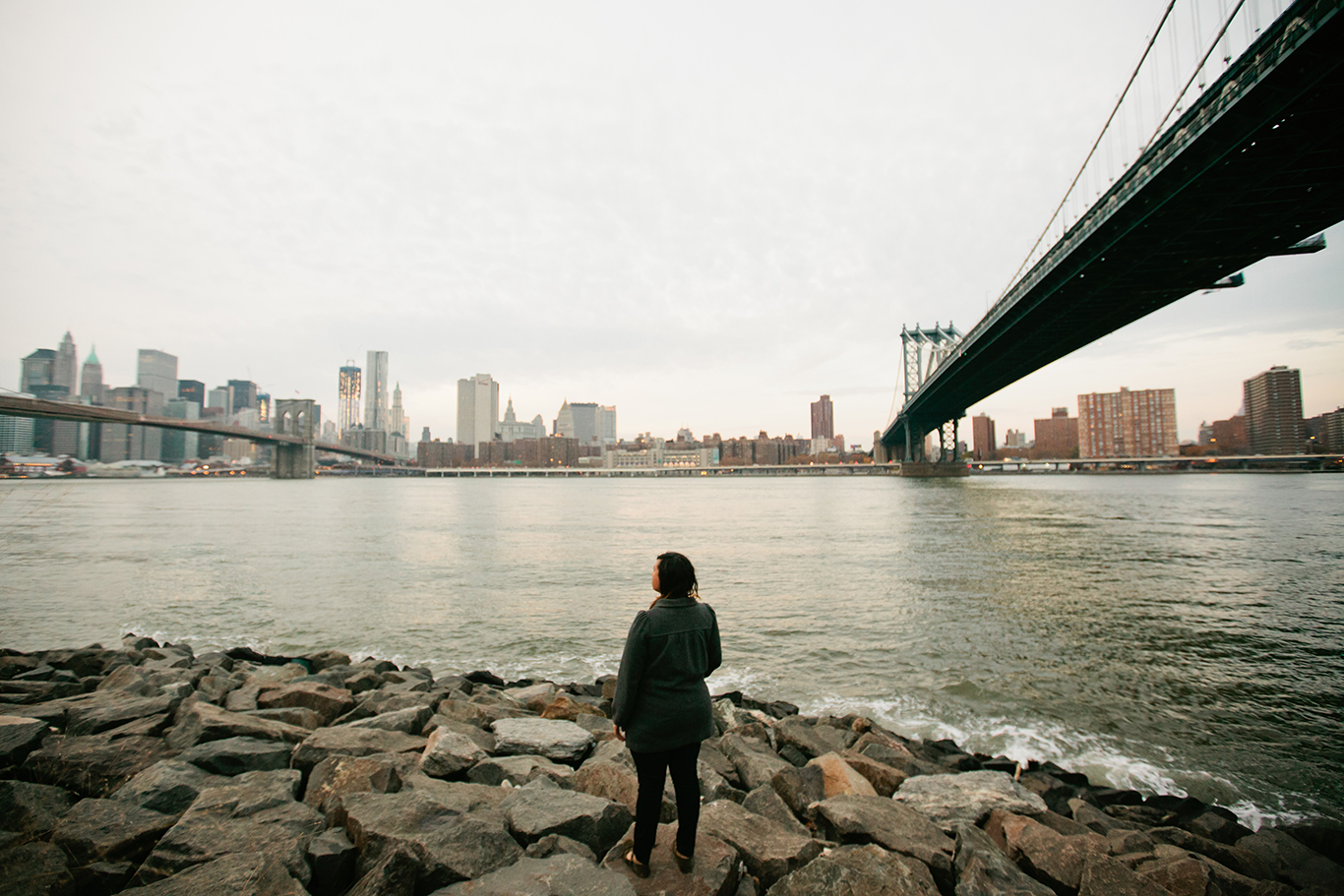
Your work has a religious component to it. Does this ever create a barrier between you and survivors or do you find that everyone is generally on the same page?
Restore is a faith-based organization and our faith deeply motivates our team. At the same time, we never discriminate our services based on the religion of the survivor, nor do we require any women we serve to participate in any religious activities. Similarly, our primary partners are not faith-based organizations and we work across the spectrum of government, non-profit, and community agencies. Importantly, we have seen that religious faith of survivors, whether Christian or another creed, is often very important to her in the healing process.
How do you use print to connect with potential survivors as well as allies?
We use print, in a variety of languages, to connect with potential victims of trafficking and clients during what we call “intake.” Using printed materials in a woman’s language, we can efficiently communicate how Restore may be able to help her and connect her with needed resources. We also use print in each of our programs to educate clients; for example, we have a printed “Safehome Manual” that each new Safehome residents receives upon move-in. This manual orients her to our twelve-to-eighteen month program, her new home, common questions, etc. Printing this manual in a resident’s primary language is one way that we can put her needs first while honoring her culture.
In addition, print is an important strategy in how we communicate with our supporters and community. Each year, we mail our Annual Report, stories from survivors, updates on our programs and impact, and opportunities for partners to join with us in this mission. At each of our events are key pieces of collateral detailing exactly what Restore sets out to do and how partners can help more survivors of sex trafficking in our city.
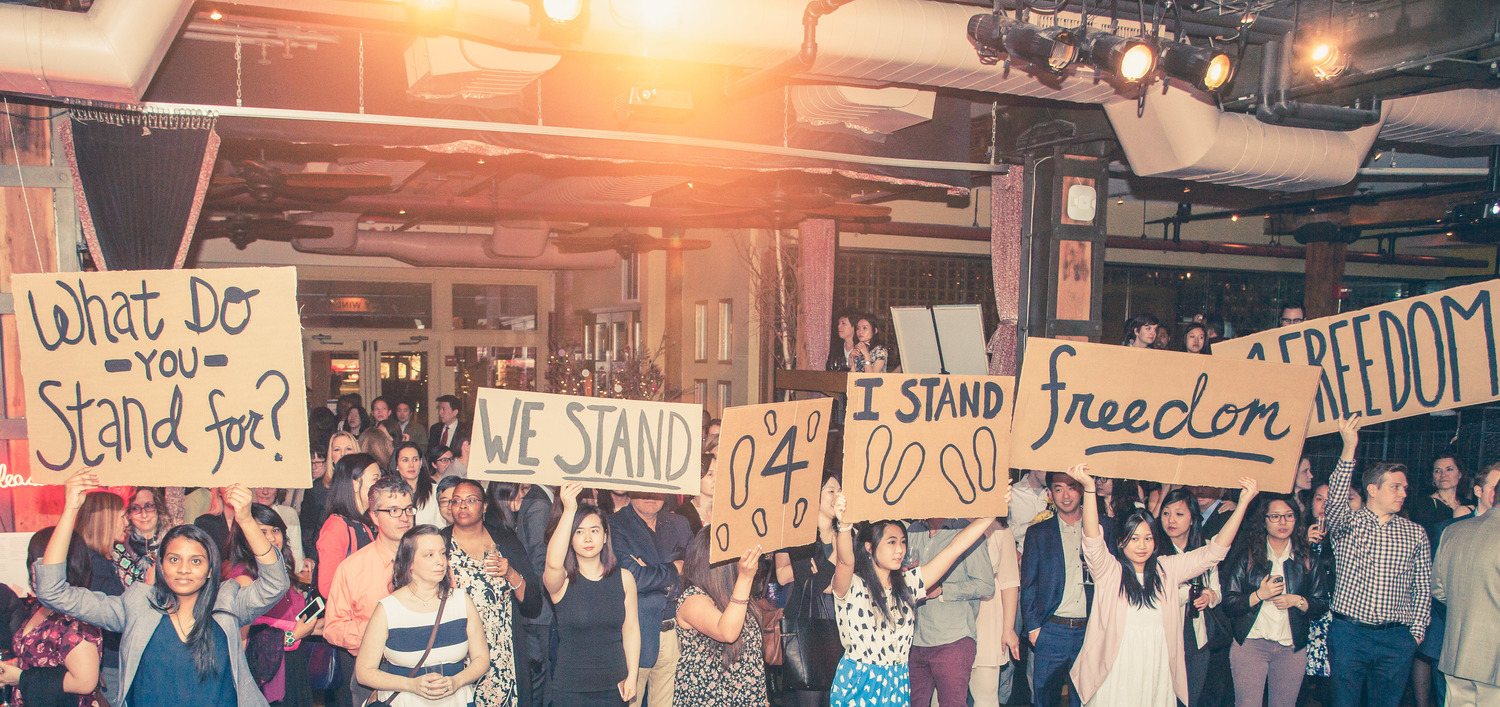
What are some ways for the average person to get involved?
We are so thankful for the generous community of individuals, businesses, and groups that make our work possible. For someone new looking to make an impact for trafficking survivors, we say there are three key ways to join the fight: (1) Influence, (2) Ideas, (3) Investment.
(1) Influence has many different meanings, but to us, it’s asking, “Where are you plugged in? Who do you know who may also care about ending trafficking and helping survivors? How can your voice draw more people into wanting to do something about this reality?” We all have influence in our communities, workplaces, churches, family, friend circles, etc. and that is truly how a movement for justice is built.
(2) We have a talented and smart team, but there is still a lot we don’t know. We depend on the wisdom and expertise of our community to help us tackle our biggest challenges and improve our existing strategies. Through “Lunch & Learns”, “Bagel Breakfast” roundtables, and informal meetings with smart thinkers in other fields, we can continue to harness the best ideas from our community to improve outcomes for the trafficking survivors we serve.
(3) We see our supporters as investors—investors in the women we serve, investors in our staff, investors in this broader mission to end trafficking in our lifetime and see all people freed. We have a strategy that is working to bring more women out of the shadows and into a place of healing and support, and we truly cannot do this work without the financial investment of partners. Just as a car needs gas to get from point A to B, Restore relies on the resources of our network to help women move from darkness and sexual exploitation to independence and freedom.
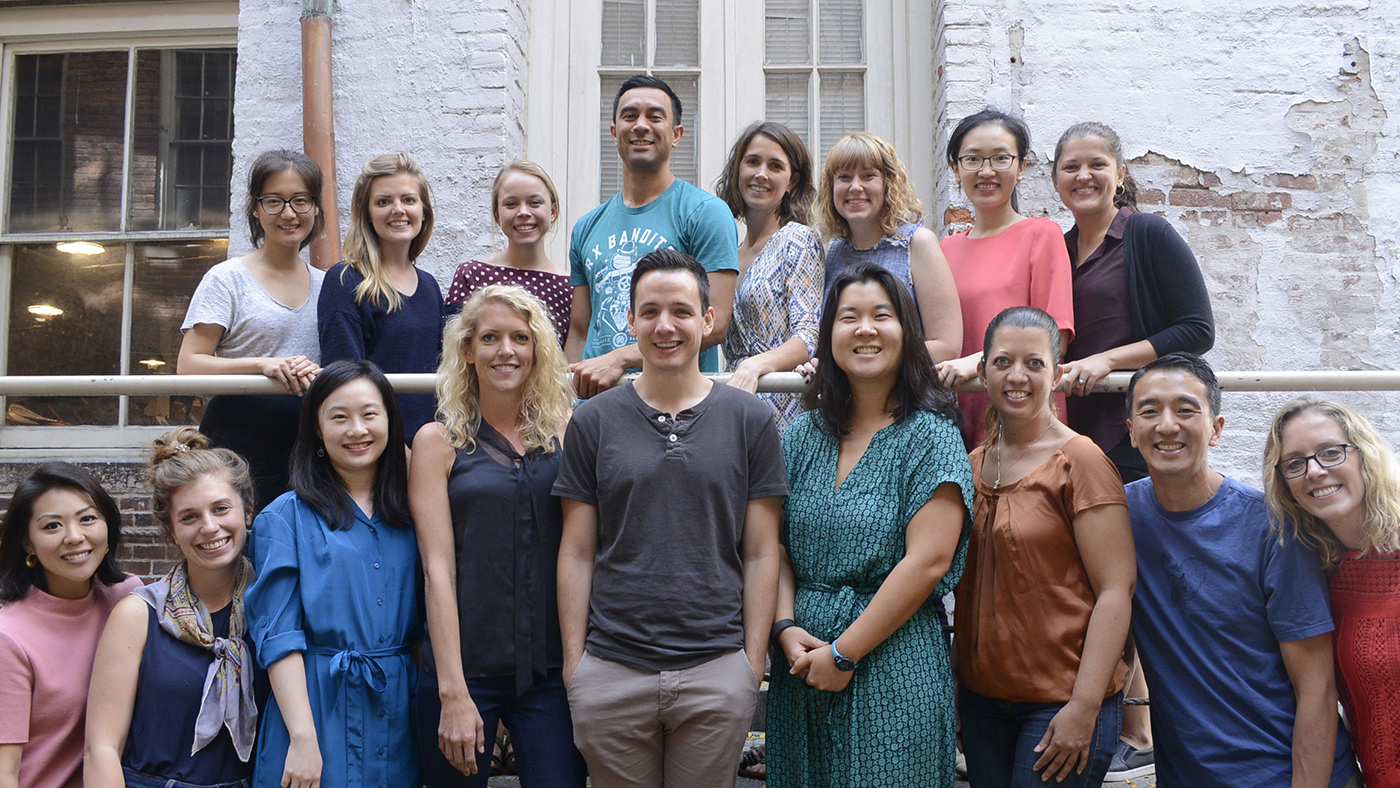
To learn more, check us out at restorenyc.org or follow us on social media!
Community Spotlight is a blog series that seeks to connect people power with print power. Each post will feature a person or organization using print and design to do great work in their community and fight for a more just world. Subscribe today and let’s start building together.




